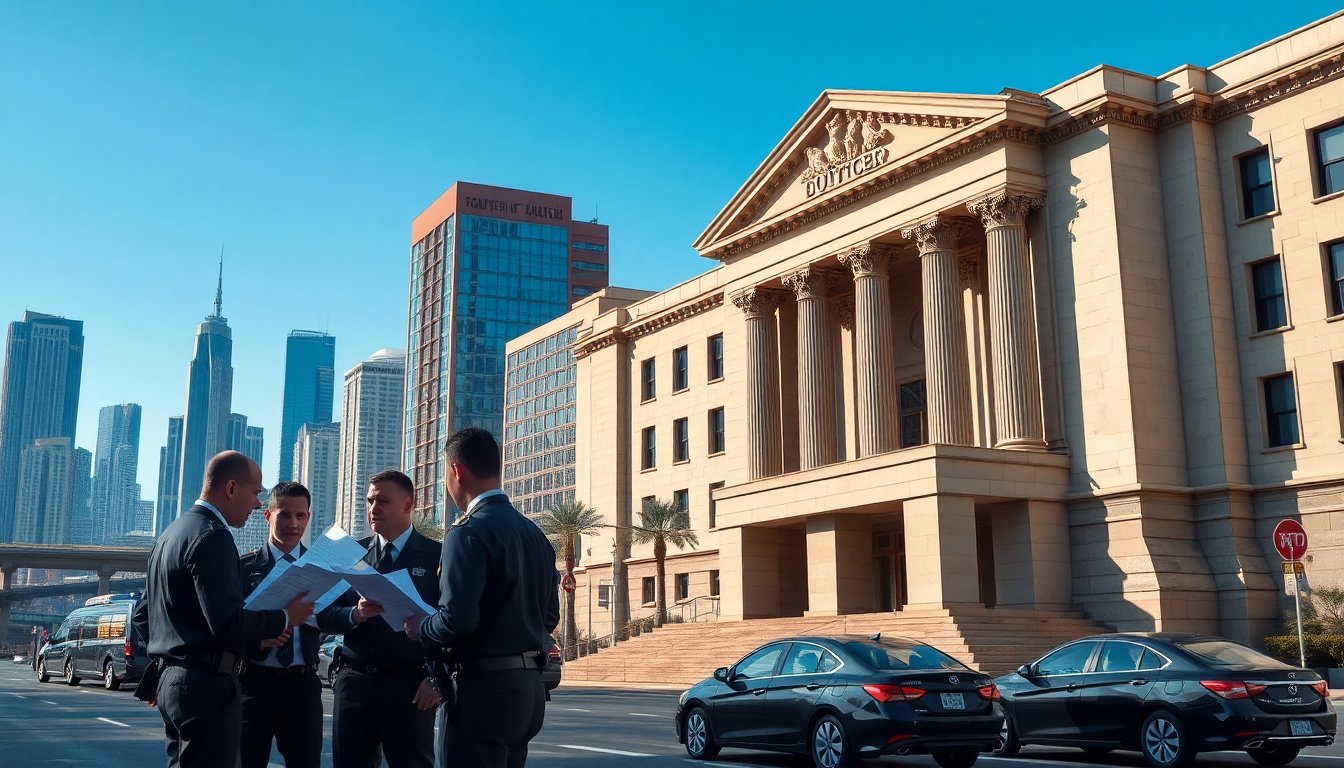Table of Contents
The recent arrest of Rabih “Robby” Alkhalil in Qatar has ignited critical discussions surrounding the complexities of international extradition. As law enforcement agencies, including the RCMP and the Combined Forces Special Enforcement Unit BC (CFSEU-BC), prepare to seek his return to British Columbia, they face considerable challenges due to the absence of an extradition treaty between Canada and Qatar. This situation exemplifies the broader difficulties encountered in global law enforcement, particularly when fugitives evade justice across borders.
Background of the Case
Rabih Alkhalil, a fugitive who escaped from the North Fraser Pretrial Centre in July 2022, has been under intense scrutiny. His escape, facilitated by two individuals posing as contractors, marked the start of a three-year flight from justice. Notably, he was found guilty in absentia of first-degree murder related to the death of Sandip Duhre, a gang rival, during a shooting incident in Vancouver in January 2012.
The arrest in Qatar has led to discussions on the feasibility of extraditing Alkhalil back to Canada. Experts, including lawyer and policy analyst Richard Kurland, have raised concerns regarding the diplomatic complexities involved. Qatar is often viewed as a refuge for fugitives, further complicating the extradition process.
Diplomatic Hurdles and Legal Implications
A primary challenge in this case is the absence of an extradition treaty between Canada and Qatar. Kurland emphasizes that without such a treaty, returning a fugitive can be a laborious process, often requiring extended diplomatic negotiations. The Canadian government may need to engage in multi-year discussions to establish an agreement that could enable Alkhalil’s return.
Moreover, the possibility of negotiating a “trade” deal with Qatar may arise, where Canada could agree to extradite a fugitive wanted by Qatar in exchange for Alkhalil. However, Kurland expresses skepticism about the viability of such arrangements, indicating that Qatar’s motivation to cooperate may not be strong enough unless Canada offers significant incentives.
The overall dynamics of international law highlight the challenges faced by countries attempting to repatriate fugitives. Each case is distinct, and the geopolitical landscape can significantly influence outcomes.
Future Considerations and Potential Outcomes
As the situation evolves, it is crucial to consider various factors that could impact the eventual outcome of Alkhalil’s extradition. While law enforcement agencies are committed to pursuing his return, the lack of a clear legal framework complicates the process significantly. The negotiations will likely entail high-level discussions and may necessitate concessions from both parties.
Additionally, public interest in cases like Alkhalil’s can exert pressure on governments to act swiftly. However, the realities of international law often require patience and strategic diplomacy. The ongoing dialogue between Canada and Qatar will be vital in assessing the feasibility of extradition.
In conclusion, while the arrest of Rabih Alkhalil in Qatar signifies a crucial step forward in addressing his legal matters, the pathway to his return to Canada is laden with challenges. Navigating the complexities of international law and diplomatic relations will be essential in resolving this high-profile case.


